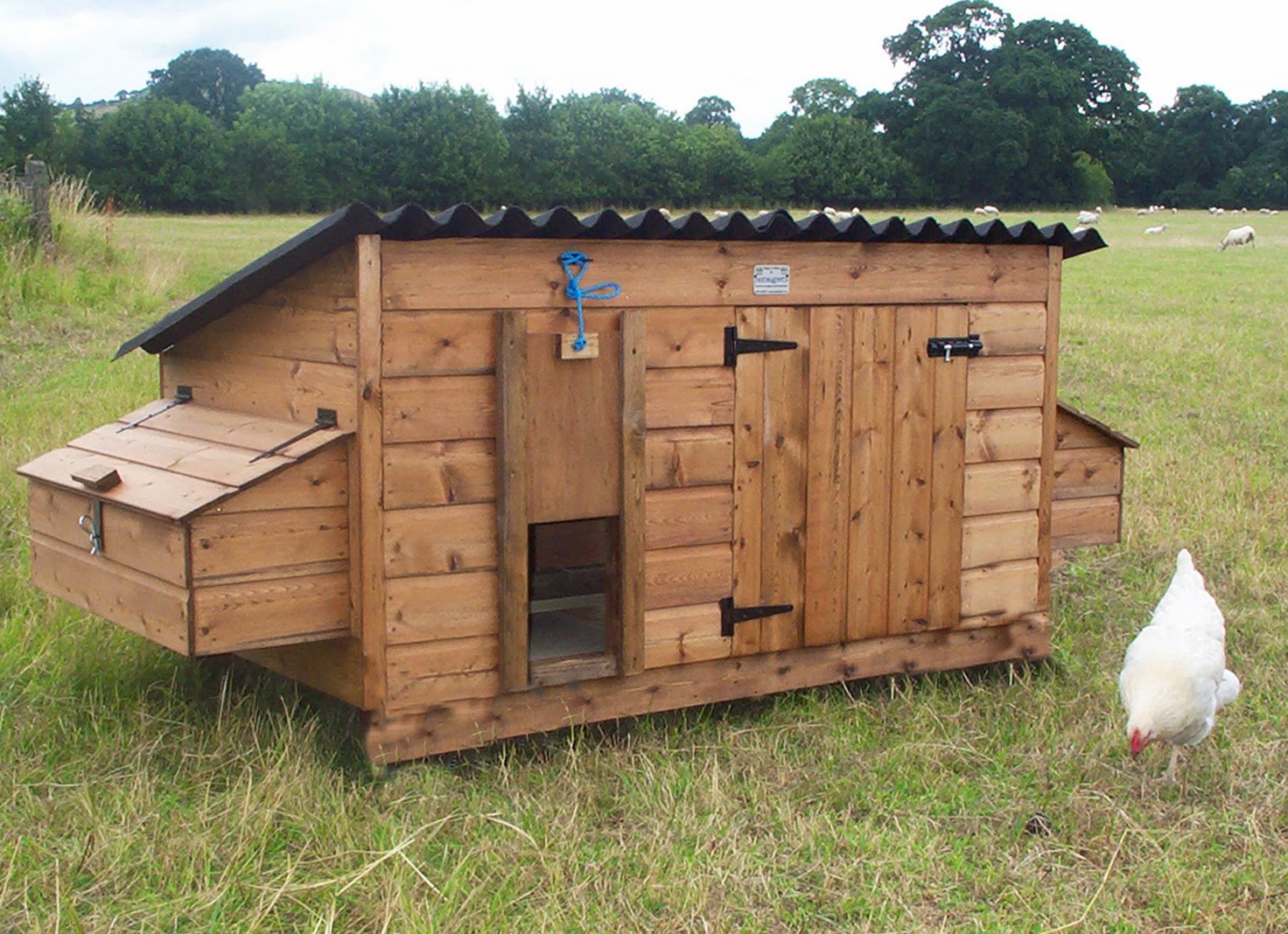Chicken house chicken has become a popular choice for many households looking for delicious and healthy meal options. As more people are becoming health-conscious, the demand for organic and free-range chicken has surged. In this comprehensive guide, we will explore everything you need to know about chicken house chicken, including its benefits, how it differs from conventional chicken, and tips for cooking and preparing it.
As we go through the various sections of this guide, we encourage you to engage with the content and share your thoughts. Whether you are a seasoned chef or a beginner in the kitchen, understanding the nuances of chicken house chicken will elevate your culinary experience. Let's get started!
Table of Contents
- What is Chicken House Chicken?
- Benefits of Chicken House Chicken
- Nutritional Value of Chicken House Chicken
- How to Cook Chicken House Chicken
- Sustainability and Ethics of Chicken House Chicken
- Differences Between Chicken House Chicken and Conventional Chicken
- Popular Recipes Using Chicken House Chicken
- Conclusion
What is Chicken House Chicken?
Chicken house chicken refers to poultry that is raised in a more natural and humane environment compared to traditional farming practices. These chickens are often free-range, allowing them to roam and forage for food, which contributes to their overall health and well-being. Chicken house chicken is typically free from antibiotics and hormones, making it a healthier option for consumers.
Many chicken house chicken producers prioritize animal welfare and sustainable farming practices. This results in a product that is not only better for the chickens but also for the environment and the consumers who choose to buy it.
Benefits of Chicken House Chicken
Choosing chicken house chicken comes with a variety of benefits:
- Healthier Option: Chicken house chicken is often free from harmful chemicals and additives.
- Better Taste: Many consumers report that chicken house chicken has a richer flavor compared to conventional chicken.
- Animal Welfare: Chickens raised in humane conditions tend to have a better quality of life.
- Sustainable Farming: Many producers use eco-friendly practices that benefit the environment.
Health Benefits
Chicken house chicken is typically higher in certain nutrients due to the chickens' diets and living conditions. For instance, they may have higher levels of Omega-3 fatty acids, which are beneficial for heart health.
Nutritional Value of Chicken House Chicken
The nutritional profile of chicken house chicken can vary, but generally, it offers a healthy source of protein. Here’s a basic breakdown of the typical nutritional values per 100 grams of chicken house chicken:
| Nutrient | Amount |
|---|---|
| Calories | 165 |
| Protein | 31g |
| Fat | 3.6g |
| Saturated Fat | 1g |
| Cholesterol | 85mg |
| Carbohydrates | 0g |
How to Cook Chicken House Chicken
Cooking chicken house chicken can be a delightful experience. Here are some tips to ensure your chicken turns out perfectly:
- Marinating: Marinating chicken house chicken enhances its flavor.
- Cooking Methods: Grilling, roasting, and baking are popular methods for cooking chicken house chicken.
- Internal Temperature: Always ensure the internal temperature reaches 165°F (75°C) for safety.
Sustainability and Ethics of Chicken House Chicken
Many consumers are concerned with the ethical implications of their food choices. Chicken house chicken is often associated with more sustainable farming practices, which can include:
- Using organic feed
- Reduced carbon footprint
- Support for local economies
Differences Between Chicken House Chicken and Conventional Chicken
Understanding the differences between chicken house chicken and conventional chicken can help consumers make informed choices. Here are some key points of comparison:
- Living Conditions: Chicken house chickens are often raised in free-range environments, while conventional chickens may be kept in confined spaces.
- Diet: Chicken house chickens typically have access to a more varied diet, which can enhance their nutritional profile.
- Antibiotics and Hormones: Chicken house chickens are generally raised without the use of antibiotics and hormones.
Popular Recipes Using Chicken House Chicken
Here are some delicious recipes that highlight chicken house chicken:
- Grilled Chicken with Herbs: A simple yet flavorful dish that showcases the natural taste of chicken house chicken.
- Chicken Stir-Fry: Quick and easy, this recipe allows for customization with your favorite vegetables.
- Roasted Chicken: A classic dish that is perfect for family gatherings.
Conclusion
In conclusion, chicken house chicken offers numerous benefits, from health advantages to ethical considerations. By choosing chicken house chicken, consumers can enjoy a delicious and nutritious meal while supporting sustainable farming practices. We encourage you to explore the world of chicken house chicken and consider incorporating it into your diet.
If you found this article helpful, please leave a comment below, share it with your friends, or check out other articles on our site for more information and recipes!
Thank you for reading, and we hope to see you back here for more insightful content!
What Is A Pimento? Understanding The Unique Pepper And Its Culinary Uses
Exploring The Chuck Wagon: A Culinary Tradition Of The American West
Twin Lakes State Park: A Comprehensive Guide To Nature's Retreat


